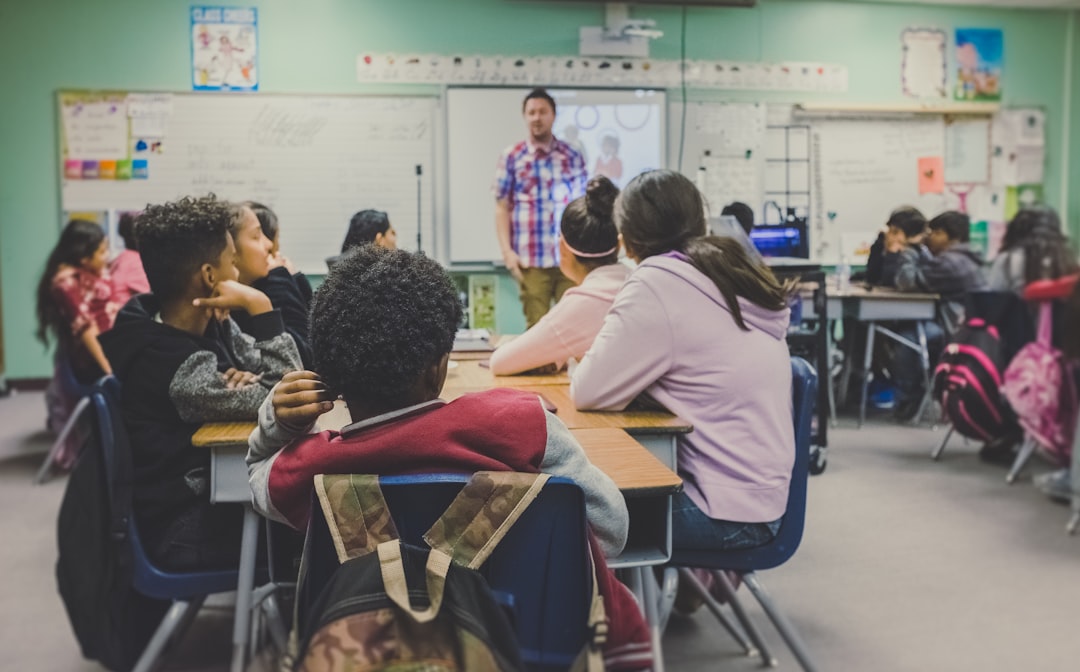What is it about?
This study focuses on protective and risk factors following the COVID-19 outbreak, to predict happiness during the pandemic. Based on the literature review, we constructed a theoretical model that includes function, stress, anxiety and coping strategies (problem- and emotion-focused). We conducted an online survey and gathered data from a representative and random sample of 509 respondents to explore our hypotheses. The study uses structural equation modeling (SEM) to explore our theoretical model. The analysis indicates a good fit between our adjusted model and the data for happiness during the pandemic, but the model is not a good fit for general happiness. The adjustment refers to the exclusion of problem-focused coping that did not contribute to function. The final model for predicting happiness during the pandemic indicates that function is associated positively with emotion-focused coping and negatively with anxiety; anxiety positively predicts stress, and stress and function negatively correlate. Finally, stress and function predict happiness during the pandemic, with stress decreasing and function increasing happiness.
Featured Image

Photo by Kamesh S S on Unsplash
Why is it important?
From a theoretical standpoint, this study is unique and significant. It suggests a model for predicting happiness during a viral pandemic and implies that two distinct aspects of happiness coexist: general happiness and conditional happiness. While general happiness was not affected by the pandemic and was not related to stress-related factors, conditional happiness (the happiness during the COVID-19 pandemic) was lower and predicted by stress-related factors. Our model also suggests that anxiety predicts stress levels. Although our data is cross-sectional, these findings are intriguing and will interest the academic community. Our findings also have clinical implications for therapy and general public education on coping more effectively during times of viral pandemics.
Perspectives
It was intriguing to find out that people distinguish between their general and situational happiness.
Dr Inna Levy
Ariel University
Read the Original
This page is a summary of: Happiness during a mass trauma: Predicting happiness during the
COVID-19 pandemic through function, stress, anxiety, and
coping., Psychological Trauma Theory Research Practice and Policy, July 2022, American Psychological Association (APA),
DOI: 10.1037/tra0001314.
You can read the full text:
Resources
Contributors
The following have contributed to this page










